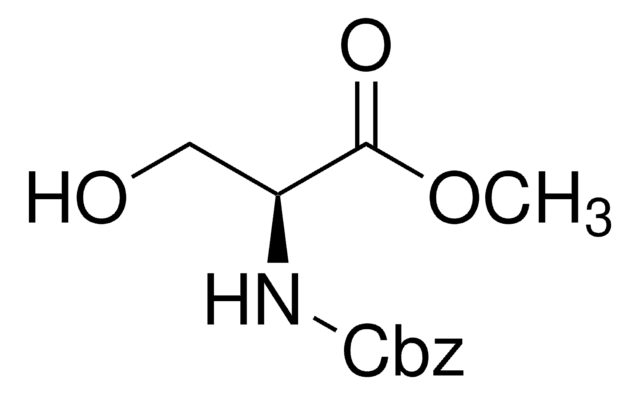708860
Potassium hydride
in paraffin
Synonym(s):
Potassium monohydride
Sign Into View Organizational & Contract Pricing
All Photos(2)
About This Item
Linear Formula:
KH
CAS Number:
Molecular Weight:
40.11
EC Number:
MDL number:
UNSPSC Code:
12352302
PubChem Substance ID:
NACRES:
NA.22
Recommended Products
Quality Level
form
solid
reaction suitability
reagent type: reductant
SMILES string
[K]
InChI
1S/K.H
InChI key
NTTOTNSKUYCDAV-UHFFFAOYSA-N
Looking for similar products? Visit Product Comparison Guide
General description
Potassium hydride is a strong base and hydride donor to Lewis acids. It is generally employed in organic reactions like deprotonation, rearrangement, and elimination reactions. It is also used as a reducing agent to reduce hindered boranes and borates to substituted borohydrides.
Application
Potassium hydride in paraffin can be used as a base in:
- Wittig reaction of various aldehydes with high Z selectivity.
- Williamson ether synthesis to prepare substituted ethers from alcohols.
- Polymerization of ethylene oxide to yield polyethylene glycols.
Physical properties
Melting point of paraffin used to prepare mixture is ~55-65 °C
Signal Word
Danger
Hazard Statements
Precautionary Statements
Hazard Classifications
Skin Corr. 1B - Water-react 1
Supplementary Hazards
Storage Class Code
4.3 - Hazardous materials which set free flammable gases upon contact with water
WGK
WGK 3
Flash Point(F)
No data available
Flash Point(C)
No data available
Choose from one of the most recent versions:
Already Own This Product?
Find documentation for the products that you have recently purchased in the Document Library.
Customers Also Viewed
Potassium hydride in paraffin: a useful base for Williamson ether synthesis
Huang H, et al.
Tetrahedron Letters, 51(27), 3545-3546 (2010)
Synthesis of heterobifunctional polyethylene glycols: Polymerization from functional initiators
Vojkovsky T, et al.
Polymer, 105(27), 72-78 (2016)
Potassium Hydride
Encyclopedia of Reagents for Organic Synthesis, Second Edition (2007)
Potassium hydride in paraffin: A useful base for organic synthesis.
Taber DF and Nelson CG
The Journal of Organic Chemistry, 71(23), 8973-8974 (2006)
Pieter Clauw et al.
Plant physiology, 167(3), 800-816 (2015-01-22)
Although the response of plants exposed to severe drought stress has been studied extensively, little is known about how plants adapt their growth under mild drought stress conditions. Here, we analyzed the leaf and rosette growth response of six Arabidopsis
Our team of scientists has experience in all areas of research including Life Science, Material Science, Chemical Synthesis, Chromatography, Analytical and many others.
Contact Technical Service















